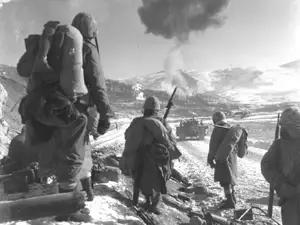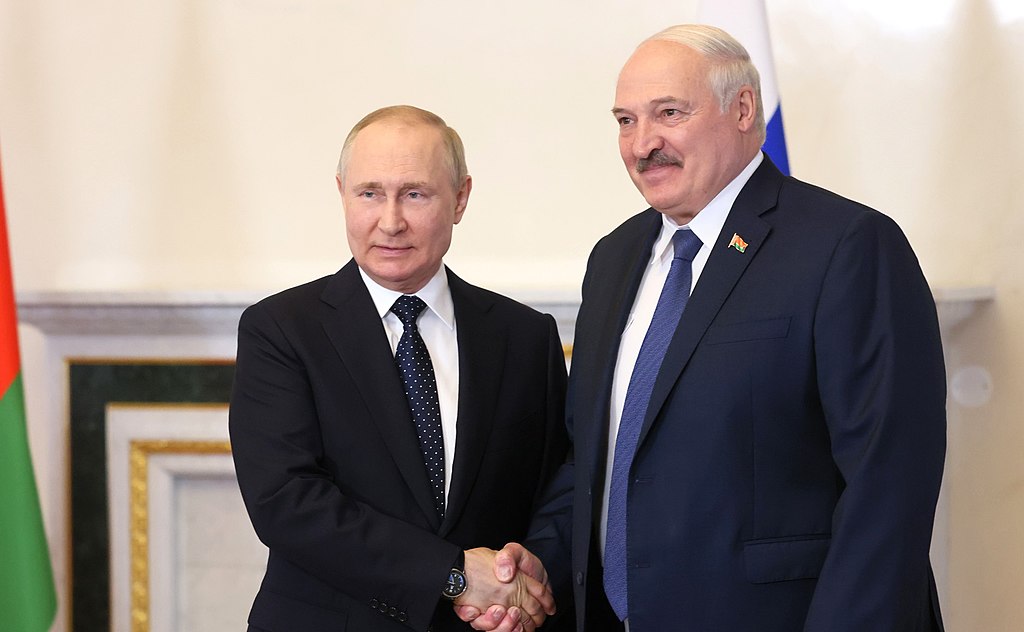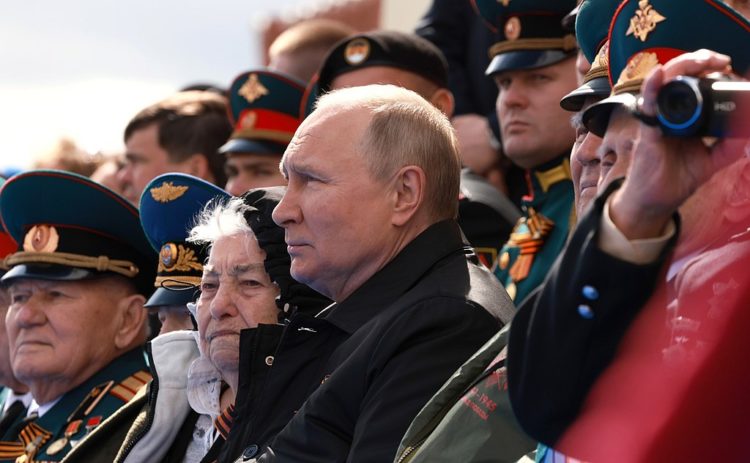South Korea would eventually be transformed into a global economic and military superpower, whereas the Kim hereditary dynasty would become the most hardline regime on Earth today. To this day, the citizens of North Korea are cut off from the outside, and the grandstanding sanctions emanating from the backdrop of the war remain.

Idi Amin and the Tanzanian War
Idi Amin was one of the most brutal tyrants in African history. Leading a British-backed coup, the former Ugandan Field Marshal seized power from Milton Obote and promised reforms in Uganda after a period of military rule.
Amin’s junta instead led an oppressive regime that purged political opponents, persecuted religious minorities, forcibly expelled the entire Asian community, and killed upwards of 300-500,000 Ugandans. Amin’s actions would lead to the downward spiral of Uganda’s currency, and along with the sectarian tensions he caused, the dictator became paranoid as many of his political enemies fled to neighboring Tanzania.
Idi Amin decided to invade Tanzania, which would be his downfall. After initial success, the Tanzanian army and anti-junta resistance groups destroyed much of the Ugandan military. They forced Amin to flee into exile in Saudi Arabia until he died in 2003.
Saddam Hussein and the Gulf War
Saddam Hussein was the infamous tyrant of Iraq who not only spread fear throughout the country’s diverse population but also his neighbors as well. The Iran-Iraq War devastated the Iraqi economy, and Saddam panicked over methods to stabilize the downward spiral of the country he ignited.
Wanting to not only recuperate losses, Saddam made a push to annex Kuwait and potentially parts of Saudi Arabia, much to the condemnation of the international community. The Baathist leader also gambled on his excellent relations with the US, which Hussein thought would mean more than Washington’s close ties to Kuwait.
Indeed, Saddam greatly miscalculated, and the devastating American-led coalition response crippled the force projection power of the Iraqi military in under four weeks with minimal losses. Saddam would remain firmly on America’s wrong side for the next two decades, eventually leading to his fall in 2003.
Milosevic and the Balkan Wars
Slobodan Milosevic was the Serbian autocrat who ruled over what was left of Yugoslavia after various nations and autonomous regions declared their independence. Milosevic ordered Serbian military forces to invade Slovenia. Croatia, Bosnia, and Kosovo in an attempt to form “Greater Serbia.”
All of the wars started by Serbia in the Balkans would significantly backfire as various massacres and genocide took place, which Serbia’s international reputation never recovered from. International intervention, including the Bombing of Belgrade and the demilitarization of Serbia, ensued, with a permanent NATO military presence in Kosovo. Milosevic would be handed over for his war crimes trial, but the despot died before it took place.
Vladimir Putin and the Ukraine War
Vladimir Putin has ruled Russia with an iron fist for over two decades. Rising to power from being Yeltsin’s protégé along with the controversial Ryazan Bombings, in which independent evidence shows the bombings could’ve been FSB orchestrated. Nevertheless, Putin has kept Russia in a perpetual state of warfare to keep the ultranationalist base who consolidated his rule satisfied.
Feeling emboldened by military success in Chechnya, Georgia, and Syria, Putin laid the groundwork for total war with Ukraine starting in 2014 to Russian escalation in 2022. The full-fledged invasion of Ukraine that Putin envisioned would be a lightning war has become a perpetual fight of attrition warfare before his very eyes.

Taking hundreds of thousands of military casualties, Putin has resorted to desperate measures such as requesting military aid from North Korea, along with facing a mutiny and growing discontent amongst his officers and inner circle. The Russian economy has been strained, with the Ruble becoming one of the top three inflating currencies in 2023.
A growing labor shortage and the prospect of collapsing demographics will return to haunt Russia, even if the war ends on favorable terms on Moscow’s side. Putin’s ambitions only placed a new iron curtain up his nation, and NATO has only expanded further due to the gross miscalculations of Russia’s ‘mini Stalin.’
The deciding factor that leads to the downfall of autocrats is their overinflated egos, which makes them think they are untouchable to international law. The aforementioned tyrannical regimes fell for deadly wars they instigated, and kleptocrats engaged in military action today could very much endure the same fate.










COMMENTS